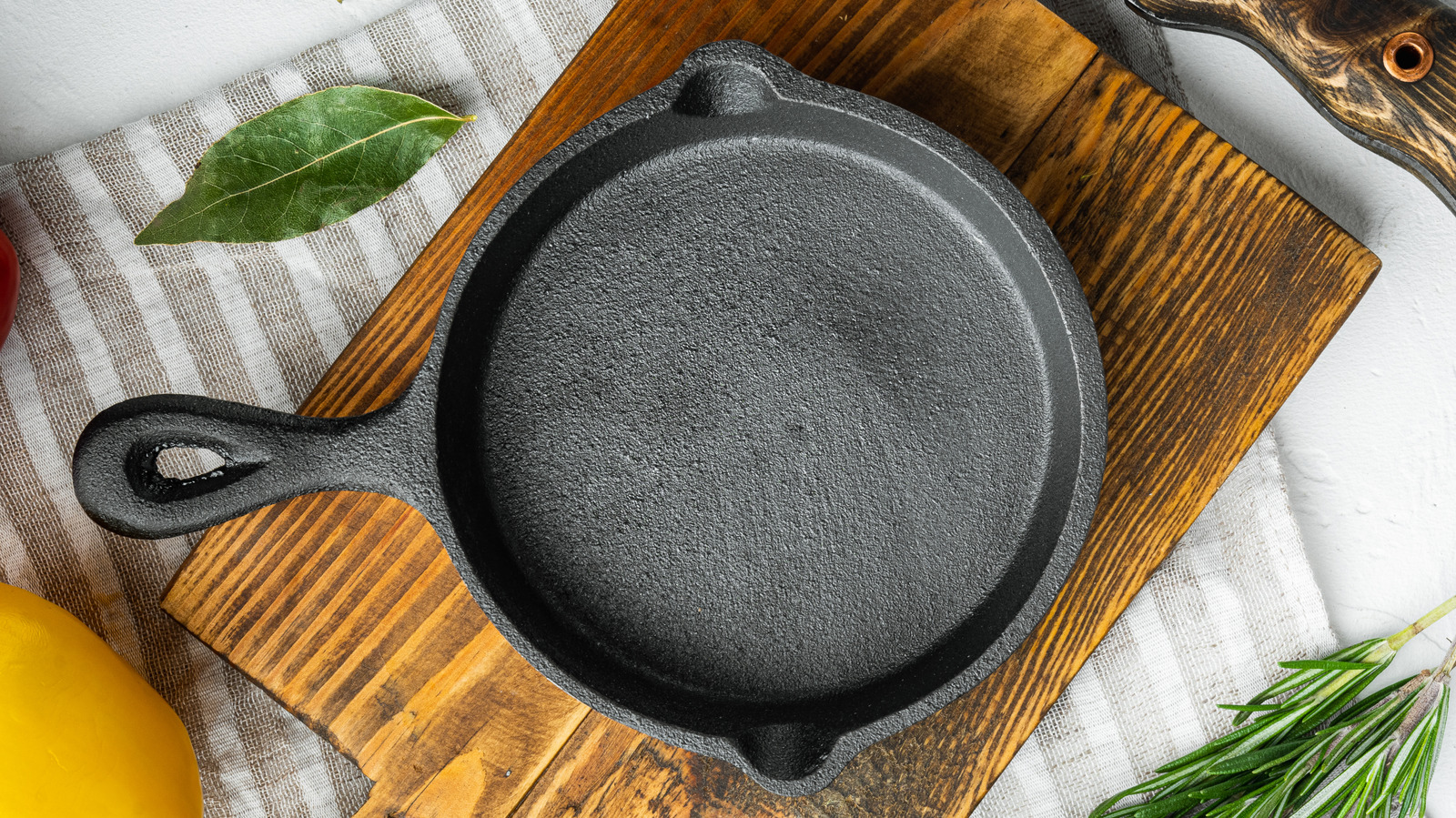
"If you're a seasoned cast iron user, you already know that your pan doesn't react well to acids. Ingredients like tomatoes, vinegar and lemon could not only ruin the layer of seasoning on your pan, but also impart a metallic taste to the food. What you probably don't know is that there's a whole other category of vegetables that don't cook well in cast iron: your favorite leafy greens and vegetables."
"'If you've ever cooked food, usually vegetables, in cast iron and they've ended up off in color, you're already familiar with oxalate,' Danielle Turner, a professional chef and cooking instructor who has trained more than 8000 students, wrote in their Tasting Table article about the 6 ingredients you should never use in cast iron. When the oxalic acid in these vegetables come in contact with cast iron, it triggers a chemical reaction that turns them dark brown or even black."
"Oxalates occur naturally in leafy greens, but not in equal amounts. Spinach, collards, rhubarb, and Swiss chard contain high concentrations of oxalic acids. Kale, Brussels sprouts, and bok choy, on the other hand, are examples of nutrient-rich greens with lower concentrations. Other common vegetables, like potatoes, snap peas, carrots, and beets, contain high concentrations, while others - including broccoli, celery, cauliflower, and sweet potatoes - contain less."
"When it comes to rhubarb, for example, the stalks are perfectly fine but the rhubarb leaves are not safe to eat - containing up to 1,900 milligrams of oxalate per 100 grams. Eating them could cause blisters and swelling in the mouth, burning in the throat, and possibly nausea and vomiting"
Cast iron reacts poorly with acids and oxalate-rich vegetables. Acids such as tomatoes, vinegar, and lemon can strip seasoning and impart a metallic taste. Oxalic acid in certain leafy greens reacts with cast iron and can discolor vegetables, turning them dark brown or black. Spinach, collards, rhubarb, and Swiss chard contain high oxalate levels; kale, Brussels sprouts, and bok choy have lower levels. Potatoes, snap peas, carrots, and beets are high in oxalates, while broccoli, celery, cauliflower, and sweet potatoes contain less. High-oxalate foods are usually safe to eat, but rhubarb leaves are toxic.
Read at Tasting Table
Unable to calculate read time
Collection
[
|
...
]